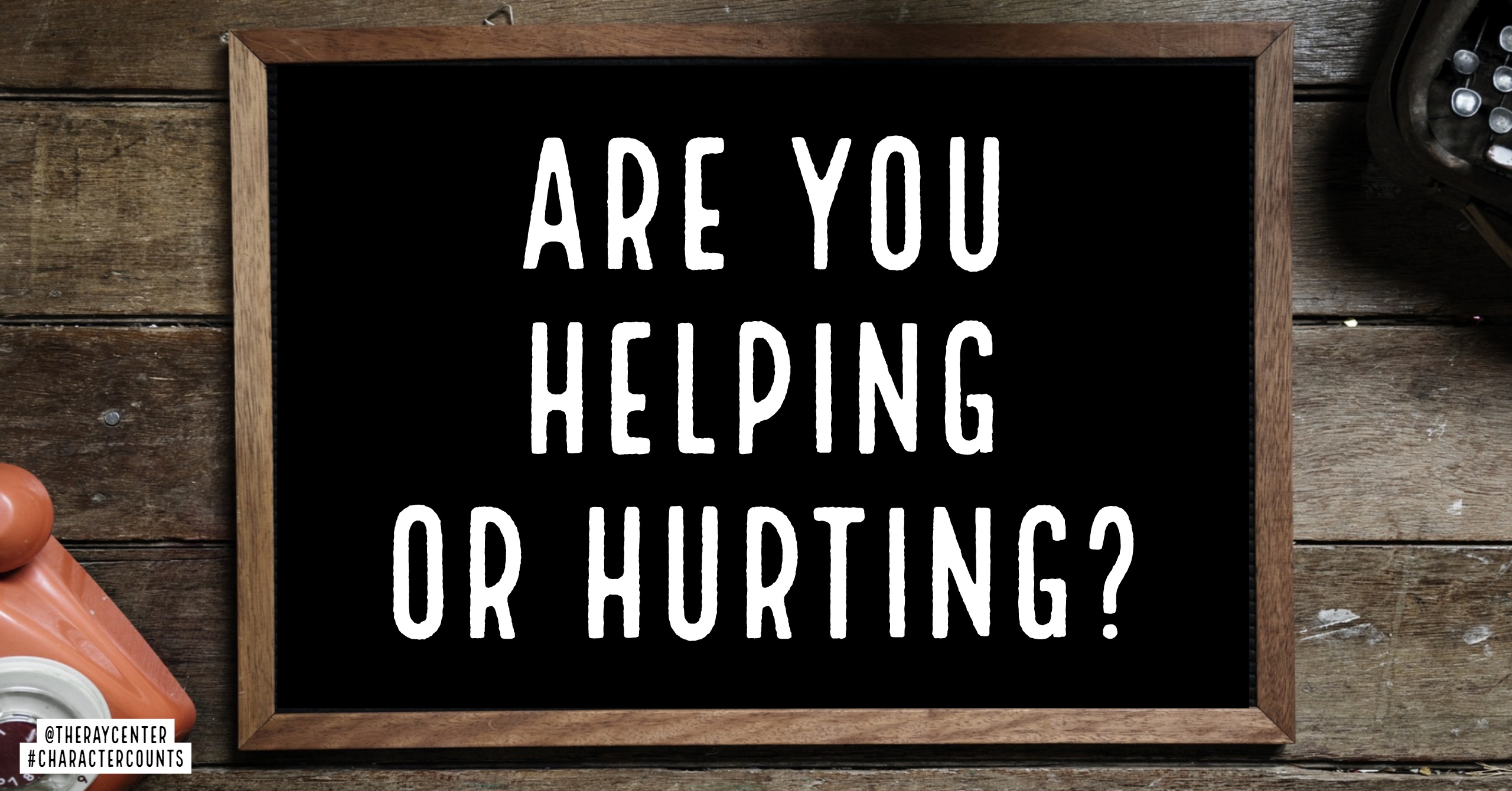
From our guest contributor, Frank Sonnenberg.
Sometimes, well-intentioned plans have unintended consequences. Even though our efforts may help the recipients in the short term, we are making them dependent on our good graces, rather than preparing them to accept personal responsibility for their future. So ask yourself, “Are you helping or hurting?”
Nonsensical no-bids.
Some organizations offer sole-source contracts to a company rather than requiring a fair and competitive bidding process. This makes the supplier complacent and dependent, over time, never having had to win the business.
Guaranteed gratuities.
Restaurant servers receive a 10%–20% tip, regardless of the service they provide. This teaches servers that halfhearted work still gets a reward. So why try harder? Their complacency ultimately hurts the restaurant because a superior customer experience is built on the establishment’s ambiance, food, and service.
Automatic rewards.
Annual bonuses are sometimes based on employee tenure or “just showing up” rather than on merit. If high performers receive the same rewards as mediocre employees, then we shouldn’t be surprised by complacency and apathy.
Gifts of graduation.
Students are promoted to the next grade level regardless of whether they’ve met the minimum requirements. This “easy path” through school is sure to catch up with the students one day.
“Yes” — the most common cop-out.
When we say “yes” to kids merely to placate them, or to avoid a scene in public, they never learn the difference between right and wrong. Saying “no” to your children, when appropriate, is an act of love.
Unqualified quotas.
If opportunity is provided to an individual based on special quotas rather than on his or her true qualifications, will this person use quotas as a crutch throughout life?
Questionable quid pro quos.
Special favors doled out through nepotism or a quid pro quo rather than through earning a seat at the table have a real downside. Although the recipients of these favors may make it to the front of the line, the question remains whether they’re up to the job.
Mediocre meritocracy.
Some organizations fail to counsel mediocre performers. Mistakes ultimately become poor habits. Allowing employees to “get by” in this way helps neither the employees nor the organization.
Emotional excuses.
Often, appeals are issued that encourage people to buy from a specific source (i.e., “buy American,” “buy union shop,” “buy local”), regardless of the value offered. This may kill the incentive to be more competitive, only postponing the day of reckoning when value triumphs (as it commonly does).
Empty entitlements.
Providing government services, in some cases for generations, rather than helping people to get back on their feet and provide for themselves is a sure path to dependency and helplessness.
Sometimes, well-intentioned plans have unintended consequences. Even though our efforts may help the recipients in the short term, we are making them dependent on our good graces, rather than preparing them to accept personal responsibility for their future. So ask yourself, “Are you helping or hurting?”
 Frank is an award-winning author. He has written five books and over 300 articles. Frank was recently named one of “America’s Top 100 Thought Leaders” and nominated as one of “America’s Most Influential Small Business Experts.” Frank has served on several boards and has consulted to some of the largest and most respected companies in the world. Additionally, FrankSonnenbergOnline was named among the “Best 21st Century Leadership Blogs” and among the “Top 100 Socially-Shared Leadership Blogs.” Frank’s new book, Follow Your Conscience, was released November 2014. © 2016 Frank Sonnenberg. All rights reserved.
Frank is an award-winning author. He has written five books and over 300 articles. Frank was recently named one of “America’s Top 100 Thought Leaders” and nominated as one of “America’s Most Influential Small Business Experts.” Frank has served on several boards and has consulted to some of the largest and most respected companies in the world. Additionally, FrankSonnenbergOnline was named among the “Best 21st Century Leadership Blogs” and among the “Top 100 Socially-Shared Leadership Blogs.” Frank’s new book, Follow Your Conscience, was released November 2014. © 2016 Frank Sonnenberg. All rights reserved.
Click here to learn more about character education.


